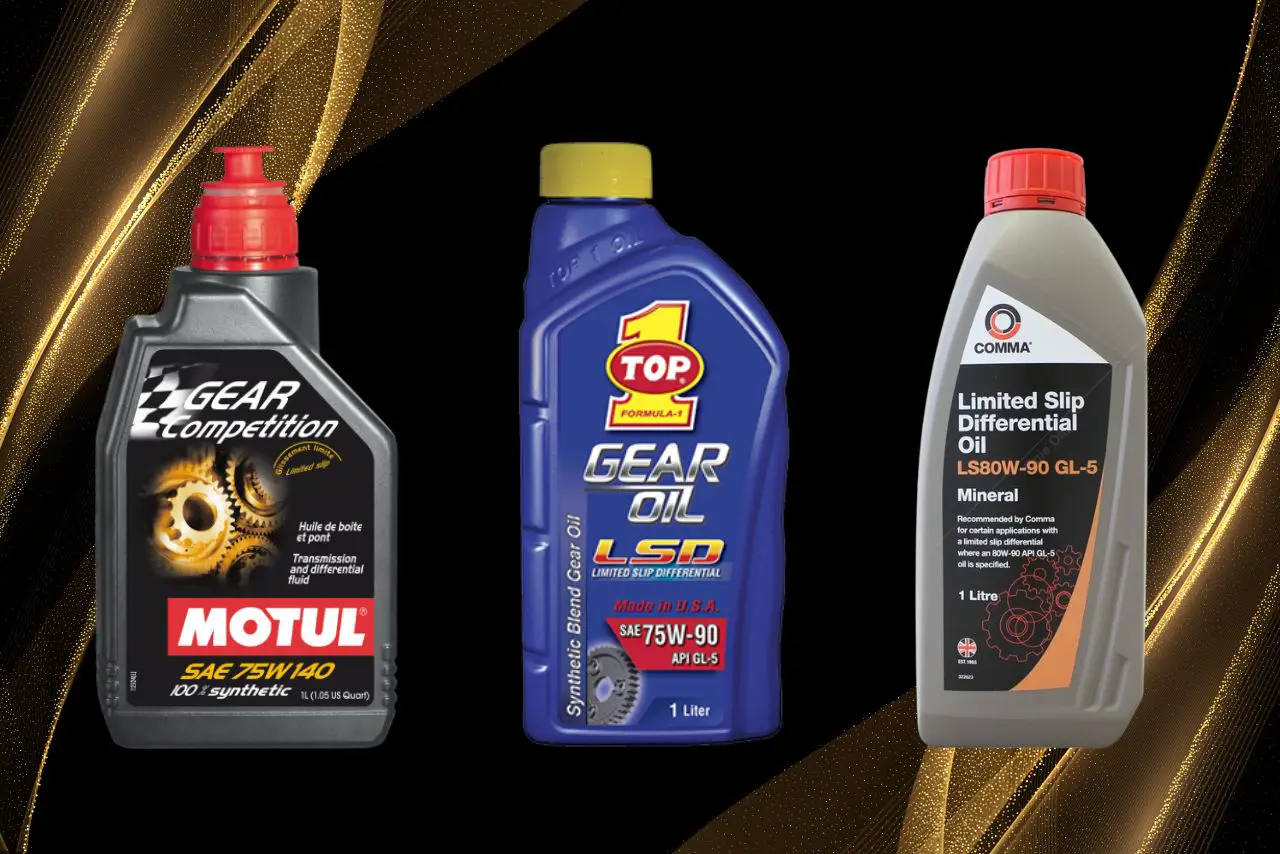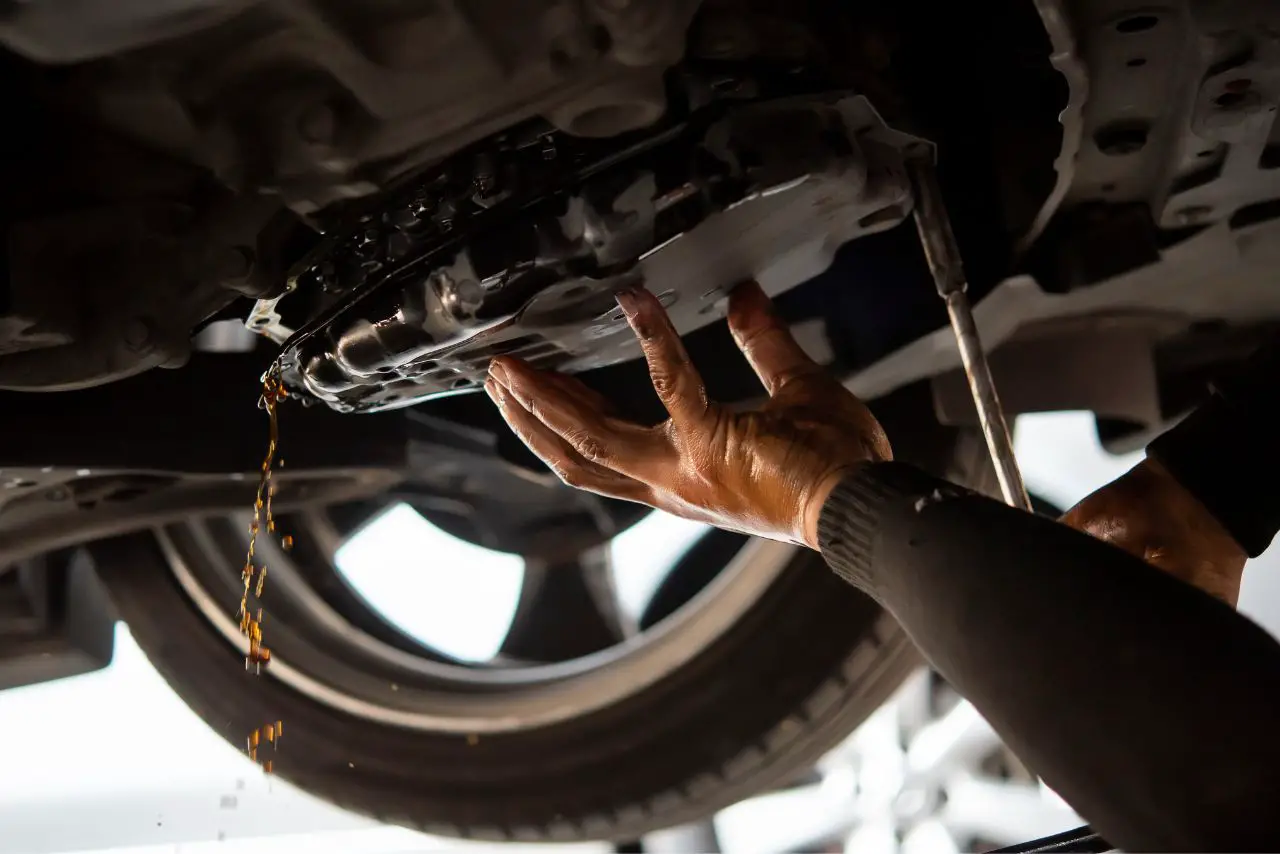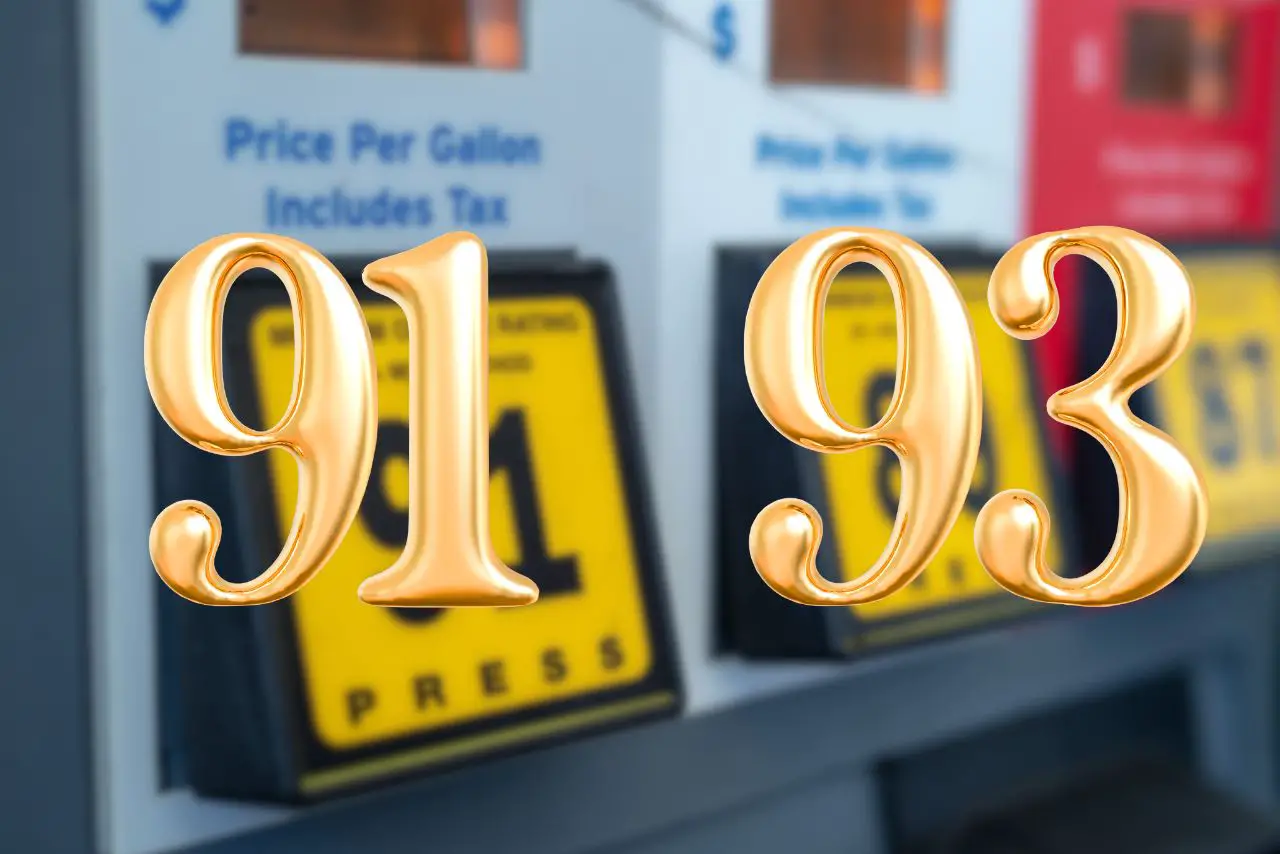Do I Have to Get My Oil Changed at the Dealership for a Lease? The answer to this question can vary based on the specific lease agreement, as well as individual dealership policies.
Generally speaking, however, there is no contractual obligation to have oil changes performed at the dealership in order to maintain one’s lease agreement.
While dealerships may try to convince you that getting your oil changed at their location is the best option, it is important to know that you have other choices.
You can get your oil changed at any reputable oil change place, as long as you use the correct oil for your car. This not only gives you more flexibility and convenience, but it can also save you time and money.
Leasing a car has many benefits, but one of the drawbacks is that you may be required to get your oil changed at the dealership. While it can seem like an inconvenience, there are some important reasons why this is necessary.
In this article, we will discuss what you need to know about getting oil changes for leased cars and why dealerships may require it.
Lease Maintenance Requirements
When leasing a car, it is important to keep up with regular maintenance to prevent any issues that may arise during the lease.
While some leasing companies may cover routine maintenance, such as oil changes, it is important to understand the requirements of your lease agreement to avoid any penalties or fees.
Oil Change Frequency
One of the most important aspects of regular maintenance is oil changes. It is recommended to change your oil every 5,000 to 7,500 miles or every six months, whichever comes first.
This is to ensure that your engine runs smoothly and efficiently. However, the frequency of oil changes may vary depending on the make and model of your leased car.
It is important to refer to your owner’s manual or consult with a trusted mechanic to determine the recommended oil change schedule.
It is important to note that while the dealership may recommend getting your oil changed at their service center, it is not required to maintain your warranty.
As long as the oil change is done according to the recommended schedule and using the correct type of oil, you can get it done at any reputable mechanic.
Furthermore, some leasing companies may require that you keep records of all maintenance performed on the leased car. It is important to keep track of all oil changes and other maintenance performed to avoid any issues at the end of the lease.
Overall, it is important to understand the maintenance requirements of your lease agreement to avoid any penalties or fees. Regular oil changes are crucial to the health of your engine, but they do not have to be done at the dealership to maintain your warranty.
As long as the oil change is done according to the recommended schedule and using the correct type of oil, you can get it done at any reputable mechanic.
Dealership vs. Independent Mechanics
Warranty Coverage
When it comes to maintaining your leased vehicle, you may be wondering whether you need to go to the dealership or if you can choose an independent mechanic.
One common concern is whether going to an independent mechanic will void the warranty on your leased vehicle.
The good news is that as long as you follow the manufacturer’s recommended maintenance schedule and use approved parts and fluids, you can go to any licensed and qualified mechanic without voiding your warranty.
However, it’s important to note that if you do experience any issues with your leased vehicle, you may need to take it to the dealership for warranty repairs.
This is because the dealership may be the only place with the specialized equipment and knowledge needed to diagnose and repair certain issues covered under your warranty.
Availability and Pricing
One advantage of going to an independent mechanic is that they may have more availability and be able to get to your vehicle sooner than a dealership.
Additionally, independent mechanics may be able to offer lower prices on services due to their lower overhead and operating costs.
On the other hand, dealerships tend to charge more for services due to their larger overhead and operating costs.
Expertise and Equipment
Dealerships may have an edge when it comes to expertise and equipment. Dealership technicians are often factory-trained and have extensive experience working on the specific make and model of your leased vehicle.
They also have access to the latest diagnostic equipment and specialized tools needed to diagnose and repair complex issues.
Independent mechanics, on the other hand, may have more experience working on a variety of vehicles and can offer a more personalized approach to maintenance and repairs.
They may also be able to offer more flexible scheduling and may be more willing to work with you to find the best solutions for your needs and budget.
In summary, while going to the dealership for maintenance and repairs may offer some advantages, it is not necessary to keep your warranty intact.
As long as you follow the manufacturer’s recommended maintenance schedule and use approved parts and fluids, you can choose to go to an independent mechanic without voiding your warranty.
Ultimately, the decision of where to take your leased vehicle for maintenance and repairs will depend on your individual needs and preferences.
More: What Is High Rise Double Pump Carburetor?
Benefits of Independent Mechanics
Cost Savings
One of the most significant benefits of choosing an independent mechanic over a dealership is the cost savings. Dealerships have higher overhead costs, including rent, salaries, and advertising, which they pass on to their customers.
Independent mechanics, on the other hand, have lower overhead costs, which allows them to offer more affordable services.
Independent mechanics can also offer more competitive pricing on parts and labor, as they have more flexibility in sourcing parts and setting their rates.
They may also be willing to negotiate on price, especially for regular customers or for larger jobs.
Convenience
Another benefit of choosing an independent mechanic is the convenience they offer. Independent mechanics are often more flexible with their schedules and can accommodate last-minute appointments or emergencies.
They may also be more willing to work around your schedule and provide additional services, such as pick-up and drop-off, to make the process more convenient for you.
Independent mechanics may also be more accessible, with multiple locations or mobile services that can come to you. This can be especially beneficial if you have a busy schedule or if you live in a remote area where dealerships are scarce.
Overall, choosing an independent mechanic can provide cost savings and convenience, without sacrificing quality or warranty protection.
It is important to do your research and choose a reputable mechanic with the necessary qualifications and experience to ensure your vehicle is serviced properly.
Last Talk: Do I Have to Get My Oil Changed at the Dealership for a Lease?
Leasing a car can be a convenient and cost-effective way to drive a new vehicle. And while it may seem like getting your oil changed at the dealership is required, it is not necessary to keep your warranty intact.
As mentioned earlier, the Magnuson-Moss Warranty Act prohibits dealers from requiring you to perform regular maintenance at a dealership for a new-car warranty to remain valid.
This means that you can get your oil changed at any reputable oil change place, as long as you use the correct oil for your car.
While some lease contracts may explicitly state that you must do the repairs at the dealership, this is relatively rare. In most cases, you’re free to get the repairs done wherever you want, usually as long as the repair shop or service station is certified.
Overall, it’s important to do your research and find a reputable mechanic or oil change place to service your leased vehicle. By doing so, you can save money and still keep your warranty intact.
FAQs
Is it mandatory to get oil changes done at the dealership if I have a leased car?
No, it is not mandatory to get oil changes done at the dealership if you have a leased car. You can choose to have your oil changed at an independent auto repair shop or do it yourself.
Does getting an oil change at the dealership affect my warranty?
No, getting an oil change at the dealership does not affect your warranty. As long as you keep up with regular maintenance, your warranty will remain valid.
How often do I need to get an oil change for a leased car?
The frequency of oil changes for a leased car is typically the same as a car you own. The manufacturer’s guidelines should be followed, which is usually every 3,000 to 5,000 miles.
Are oil changes more expensive at the dealership?
Oil changes may be more expensive at the dealership, but it can depend on the type of oil and filter used. It is recommended to compare prices before getting an oil change to get the best deal.
Is it okay to use synthetic oil in a leased car?
Yes, it is okay to use synthetic oil in a leased car. Synthetic oil may be more expensive but it can extend the life of the engine and improve fuel efficiency.






Leave a Reply